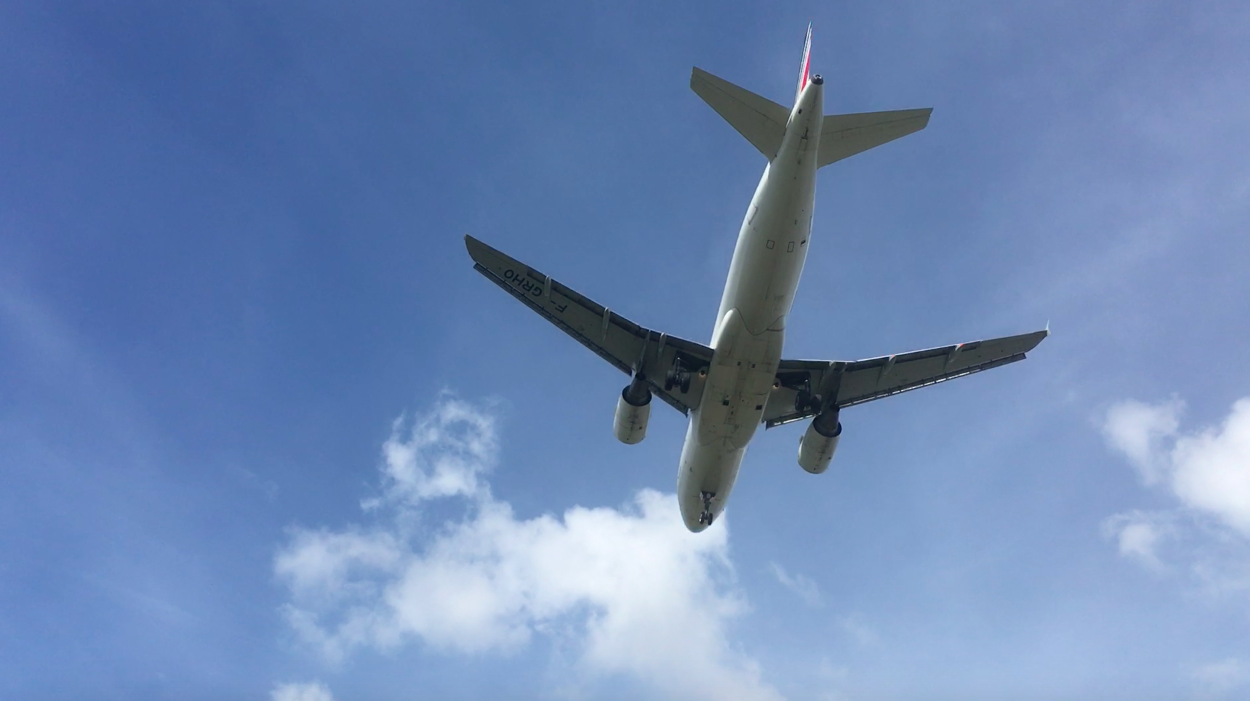Automation could solve pilot shortages in China, but the challenges pose safety risks Airbus is looking to develop autonomous aircraft and technologies that will allow a single pilot to operate commercial jetliners, helping cut costs for carriers, chief technology officer Paul Eremenko said.
copyright by www.independent.co.uk
 “The more disruptive approach is to say maybe we can reduce the crew needs for our future aircraft,” Mr Eremenko told Bloomberg Television’s Yvonne Man in an interview broadcast on Wednesday. “We’re pursuing single-pilot operation as a potential option and a lot of the technologies needed to make that happen has also put us on the path towards unpiloted operation.”
“The more disruptive approach is to say maybe we can reduce the crew needs for our future aircraft,” Mr Eremenko told Bloomberg Television’s Yvonne Man in an interview broadcast on Wednesday. “We’re pursuing single-pilot operation as a potential option and a lot of the technologies needed to make that happen has also put us on the path towards unpiloted operation.”
The aerospace industry has begun seeing a similar trend as the car market, where carmakers are investing in or acquiring autonomous driving startups. Plane manufacturers including Airbus and Boeing are racing to develop artificial intelligence that will one day enable computers to fly planes without human beings at the controls. Read more Turning that idea into a practical reality won’t be easy in an industry where at least two pilots in the cockpit have been the norm for commercial flights for several decades. After a Germanwings pilot flew an A320 plane into the French Alps in March 2015, killing all 150 people on board, many airlines around the world made at least two people in the cockpit mandatory at all times.
Airplanes are not cars
In addition to there being no transport-category aircraft certificated for a single pilot or pilotless flight, it’s unclear whether passengers or their insurers or carriers would accept or permit it, said aviation consultant Robert Mann, a former American Airlines executive. “People are arguably apprehensive about these kind of things,” said Shukor Yusof, founder of aviation consulting firm Endau Analytics in Malaysia. “You have driver-less cars, driver-less buses, but for something that flies, that’s something different.” […]


Automation could solve pilot shortages in China, but the challenges pose safety risks Airbus is looking to develop autonomous aircraft and technologies that will allow a single pilot to operate commercial jetliners, helping cut costs for carriers, chief technology officer Paul Eremenko said.
copyright by www.independent.co.uk
The aerospace industry has begun seeing a similar trend as the car market, where carmakers are investing in or acquiring autonomous driving startups. Plane manufacturers including Airbus and Boeing are racing to develop artificial intelligence that will one day enable computers to fly planes without human beings at the controls. Read more Turning that idea into a practical reality won’t be easy in an industry where at least two pilots in the cockpit have been the norm for commercial flights for several decades. After a Germanwings pilot flew an A320 plane into the French Alps in March 2015, killing all 150 people on board, many airlines around the world made at least two people in the cockpit mandatory at all times.
Airplanes are not cars
In addition to there being no transport-category aircraft certificated for a single pilot or pilotless flight, it’s unclear whether passengers or their insurers or carriers would accept or permit it, said aviation consultant Robert Mann, a former American Airlines executive. “People are arguably apprehensive about these kind of things,” said Shukor Yusof, founder of aviation consulting firm Endau Analytics in Malaysia. “You have driver-less cars, driver-less buses, but for something that flies, that’s something different.” […]
Share this: